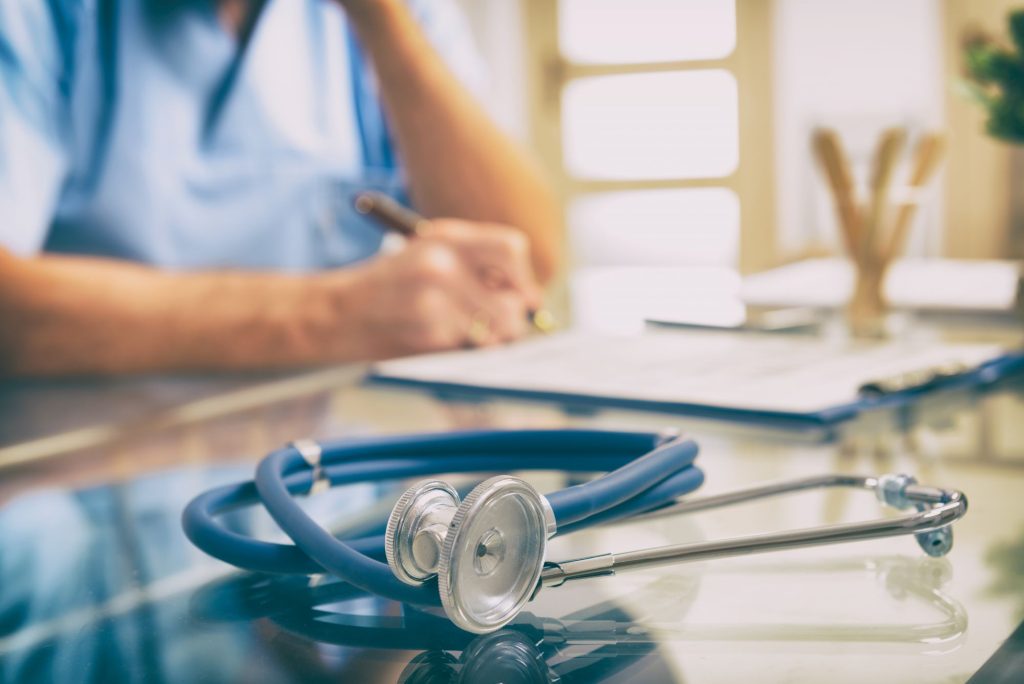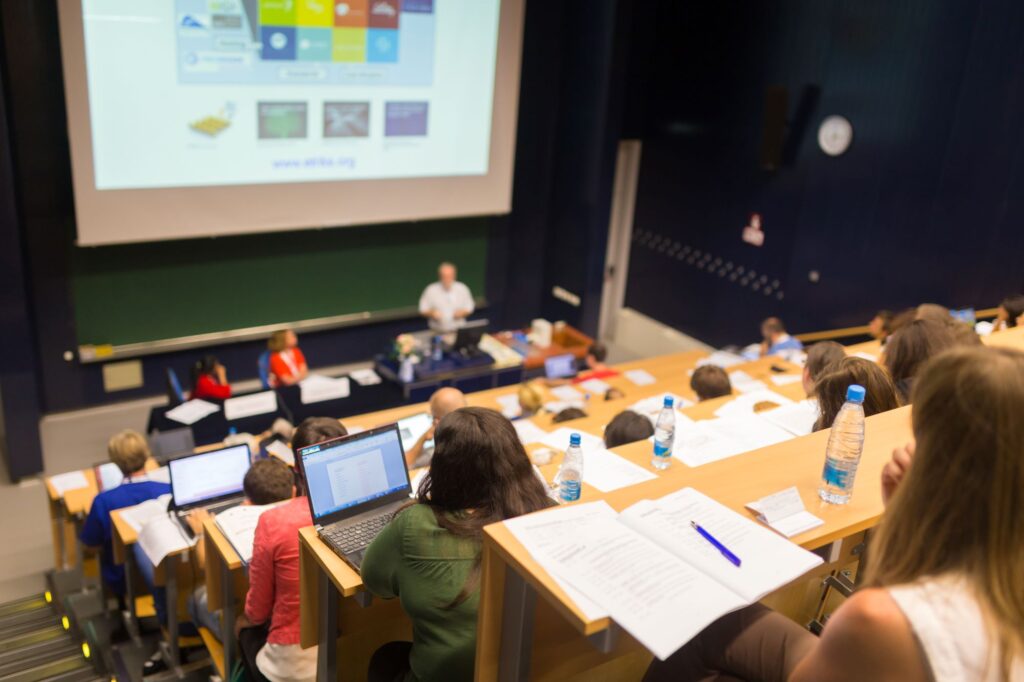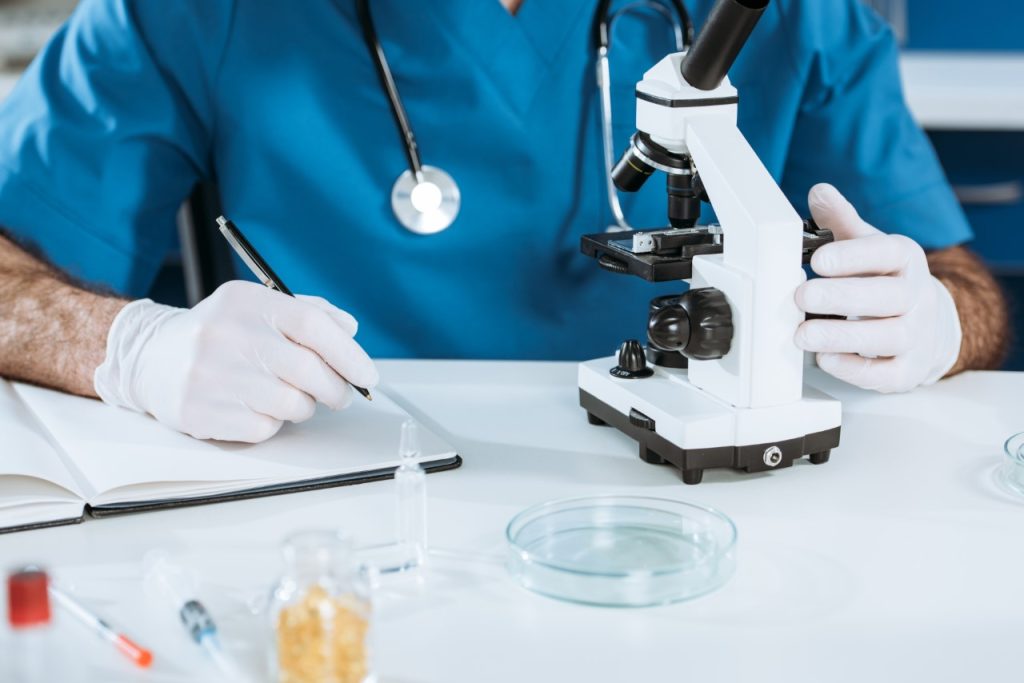Winners and losers of the COVID-19 Pandemic in Israel and France: Evaluating the long-term effects of the crisis on well-being

The COVID-19 pandemic is a global watershed event that has substantially scarred the social and economic fabric of societies and individuals alike. The road to recovery from this pandemic is likely to be a gradual and slow process that will have an unequal impact on different parts of society. This proposed study sets out to identify, investigate, model and predict the factors associated with the objective and subjective well-being of the Israeli and French populations in the midst of the pandemic and in a world recovering from COVID-19. The assessment considers both material (i.e., socio-economic status, income and wealth) and socio-psychological conditions (i.e., feelings of subjective well-being, depression levels, family tensions), as well as underlying societal factors (resilience, social cohesion, social capital, degree of trust etc.). Special focus will be placed on the catalysts and agents, which differentially impacted vulnerable groups in society in the midst of the pandemic and on the factors that are projected to lead towards differential recovery. The comparison between Israel and France is especially interesting in terms of the potential “winners” and “losers” from the pandemic. An open question relates to both the contingent and structural elements of both societies and their ability to cope with the pandemic: France with its long-term stabilizers and social security system but slower epidemiological reaction or Israel with a less extended welfare system but with higher reactivity at the epidemiological level (a fast and effective vaccination campaign). The proposed project will employ a wide array of qualitative and quantitative tools for the collection and analysis of the research data. The French data will be based on the ELIPSS longitudinal survey, a probability-based panel. Similar data will be collected for Israel via a specially tailored web survey. In addition to survey data, unobtrusive digital trace data will be collected from human sources and online tools (e.g., webpage visits analysis, social network discourse analysis etc.). An innovative effort will be made to triangulate these unobtrusive data sources with the panel data and qualitative interviews. In order to test the relationship between socio-economic, behavioral and societal factors influencing the well-being and the coping abilities of the Israeli and French populations, mediation and moderation analysis will be implemented. The proposed bi-national project will equip stakeholders in both countries with well-established information that could help them in formulating guidelines for assisting vulnerable populations at times of crisis and speed up their recovery.
Benevolent community

“Benevolent Community – for Social Mobility, Community Resilience, and Quality of Life – in the 21st Century”
Research and Formative Evaluation for a Health Program in Arab Society

The Ministry of Health, in partnership with the Authority for the Economic Development of the Minority Sectors seeks to promote a focused government program for the health of the Arab population in Israel. The program aims to provide “root treatment” for health conditions and disparities in healthcare services.
International Round Table initiative for Advancing STEM Excellence Skills

Attaining a consensus of the characterization, definition, educational methodologies and evaluation of skills required for advancing STEM excellence in the education systems, schools and higher education institutes.
Enhancing Skill Assimilation in Higher Education: Formative Evaluation of a Pilot Program

The Edmond de Rothschild Center for Connecting Higher Education and Employment is spearheading a pilot initiative aimed at developing and promoting an institutional framework for the integration of occupational qualifications and skills within disciplinary study courses. In collaboration with two higher education institutions, this pilot will involve updating four selected courses to incorporate pedagogies that support the acquisition of skills and qualifications.
Ancillary benefit assessment of JNF forests: physical and psychological well-being, cultural services, and economic aspects

The research is conducted in collaboration with the Shamir Research Institute.The study deals with how KKL-JNF forests contribute to the mental and physical health of their visitors and provide system services in the cultural and psychological aspects. The study focuses on the current contribution and possible ways to enhance it. Another aim of the study is to examine differences between Jewish and Arab societies in Israel in the way they benefit from the forests and to make recommendations from a cross-cultural perspective. The applied aim of the study is to provide recommendations regarding the management of the KKL-JNF forestry. How the JNF can produce higher awareness of the public and of professionals in the fields of health, culture, and sports concerning the potential contribution of forests.
Building a personal resilience through contact with nature in the times of Corona

The research is conducted in collaboration with the Shamir Research Institute. During the time of COVID-19 pandemic, the public in Israel has experienced various stressful events. Stressful life events often lead to psychological stress and impair health. Promoting personal resilience is therefore an essential part of adaptation in such times. The study focused on individuals’ emotional state, the contribution of various determinants for explaining it, and the ways exposure to nature under the restrictions may provide some relief.
‘Common Ground’: Agreed Road Map for Long-Term National Paradigms

A Strategic thinking process for the state of Israel is presented. The preliminary stage is based on interviews of 32 prominent Israelis, from diverse walks of life, we find a wide common ground in considering the ‘Declaration of Independence’ (1948) to be Israel’s ‘organizing principle’ for the coming decades. Updating the ‘rules of the game’ and broad sense of security are the needed enablers. The project leads to a process of re-consideration of paradigms in education, Jewish-Democratic state, moral market economy, ‘Mamlakhtiut’ – statehood, Israel in the Middle East, and foreign affairs.
Characterizing master plan for the industrial park Mishor Rotem

Industrial zone Mishor Rotem is the largest in Israel. Some major industries already reside there, hence the purpose of this research is to characterize a master plan for future development and realization of its national-wise, great potential.
Graduates of Israeli Universities MD PhD Training Program

MD-PhD program graduates are an important pillar in Biomedical research in general, and particularly in the conduction of translational medical research. Developed countries invest significant efforts in this unique human-talent resource which in turn can contribute greatly to the local ecosystem advancing the healthcare, industrial and academic sectors.
